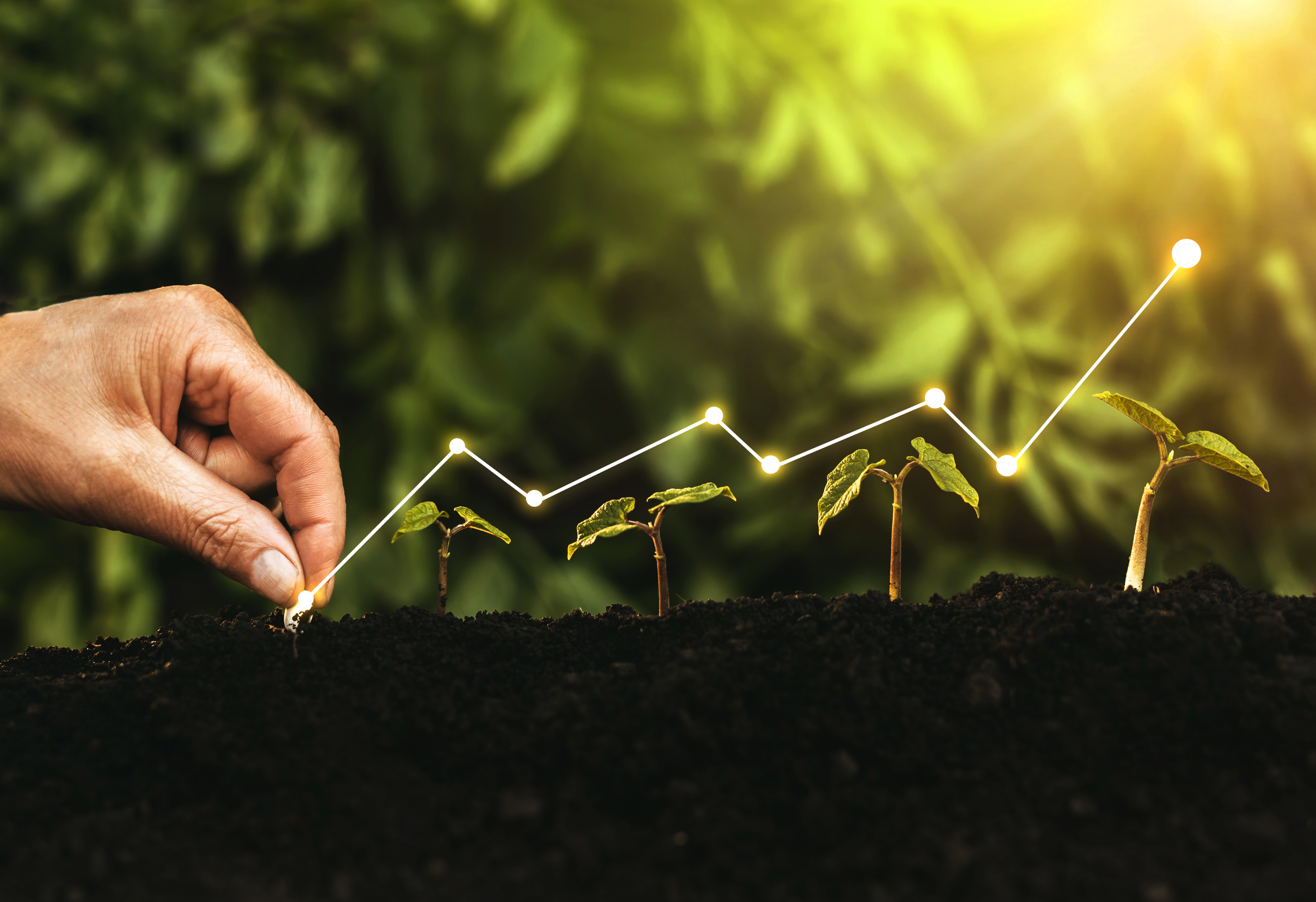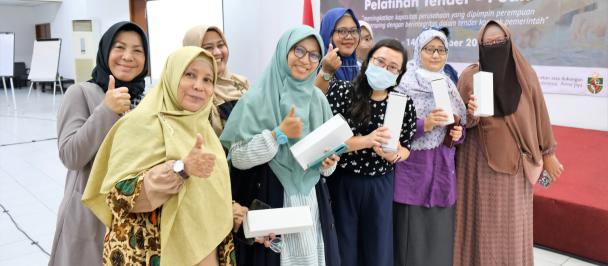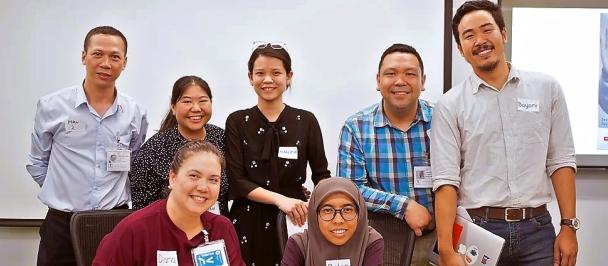Photo: Freepik
Op-Ed- By Kanni Wignaraja,UN assistant secretary general and director of the United Nations Development Program’s Regional Bureau for Asia and the Pacific - Originally published in AsiaTimes.
Before Covid-19, the world already faced an annual financing gap of around US$2.5 trillion required to attain the Sustainable Development Goals (SDGs) by 2030 – the plan endorsed by world leaders to bring prosperity to all peoples and protect the planet.
Governments alone will not be able to meet this target. Hence the importance of socially responsible “environmental, social, governance” (ESG) investing. Of the estimated value of $75 trillion of assets under professional management, more than half is believed to be associated with ESG metrics.
In Europe, assets in sustainable investment products are forecast to grow from 15% to 57% of their overall fund size by 2025. With a young population, burgeoning middle class, and growing economic clout, Southeast Asia can and must set a similarly high bar to attract, retain and deploy ESG investments.
In the first two quarters of 2020, Asia (including Australia) accounted for only about 11% of global inflows and 3% of sustainable fund assets globally. It’s progress, but we are not there yet.
A stroll off the beaten track in Bangkok or Manila, or a drive through rural Vietnam and Indonesia, reveals just how much more remains to be done in terms of transforming ESG investment into real and sustained opportunities for making economic activities green, empowering and job-creating.
This “Asia lag” can in part be explained by investor views that still see ESG as hampering financial performance, and hence perceive a mismatch between capital chasing short-term returns and ESG investments requiring longer-term commitments.
ESG investing, however, is no longer just a fad or a fringe venture. Wind farms and solar parks are replacing coal plants. Electric vehicles are displacing diesel. Energy-efficient buildings are sprouting up in green cities.
The European Union’s Green Deal has an ambitious target of making Europe the “first climate neutral continent” by 2050, providing the political and regulatory context for environmentally friendly technologies – decarbonization of energy, and cleaner, cheaper, and healthier forms of private and public transport.
In Asia, a few leaders have begun pronouncing on their national targets and dates by which their countries will be carbon-neutral. It will take many more to follow suit, and to pick up the pace, to ensure a region transformed.
Our agency, the UN Development Program (UNDP), seeks to drive forward the agenda of ESG investments in Southeast Asia.
We welcome and encourage initiatives such as the Sustainable Finance Roadmap of the Network of Greening the Financial System (NGFS), the Task Force on Climate-Related Financial Disclosures (TFCD), the Digital Finance Network (DFN), the Principles for Responsible Investment (PRI), and UNDP’s own SDG Impact Initiative, Global Ethical Finance Initiative and our Business and Human Rights program – all operate directly or indirectly in Southeast Asia.
Furthermore, the region’s tech-savvy population is beginning to develop innovative solutions using new technologies such as artificial intelligence, blockchain, financial technology and mobile telephony, to give people access to better health care, education, justice, transportation, food and water security, in a way that was not possible previously.
As the Covid-19 pandemic has shown, digital and renewable-energy technologies are emerging as linchpins of sustainable transformations. The availability of and access to these technologies for larger numbers of countries and people could be a make or break of progress along some of the SDGs.
Beyond corporate behavior or CEO paychecks, the level of perceived corruption in markets creates risks and suppresses investor appetite. In a new survey of Southeast Asian companies conducted by the Organization for Economic Cooperation and Development (OECD) in collaboration with UNDP, 60% of respondents expressed concern about sustainability risks, of which the most frequently cited was corruption.
Regional initiatives like UNDP’s “Promoting a Fair Business Environment in ASEAN,” supported by the UK government’s Prosperity Fund, are working with governments and business associations to promote business integrity in the region.
ESG investing should not be just about shareholders’ financial returns. As the pandemic rips through the socio-economic fabric of nations, we need to help enterprises and companies rebuild, mitigating social and environmental damage as they do, investing in greener value chains, and more equitable, fairer ways of doing business.
With its extraordinarily talented young population, Southeast Asia can chart a new path of attracting ESG investment aimed at delivering the SDGs. This will require political leadership to create policies that nudge the private sector to take the right action. And it will take investors who also see themselves as stakeholders in protecting the well-being of society and the planet.

 Locations
Locations



